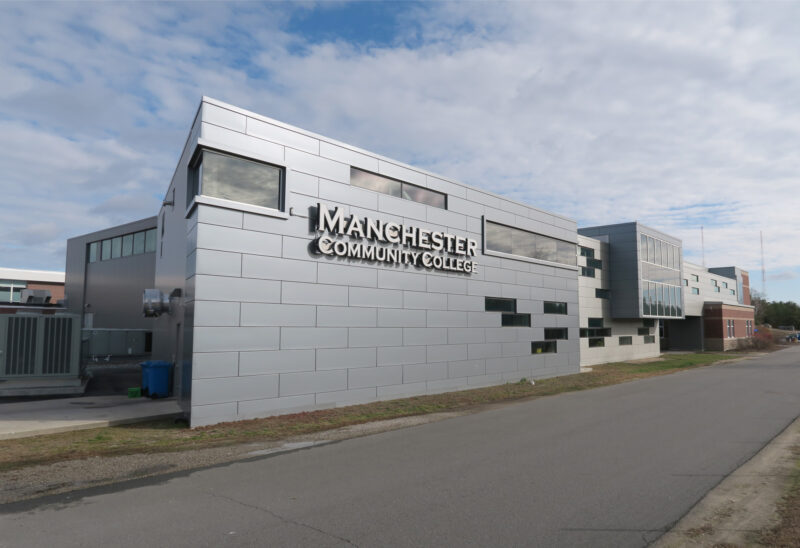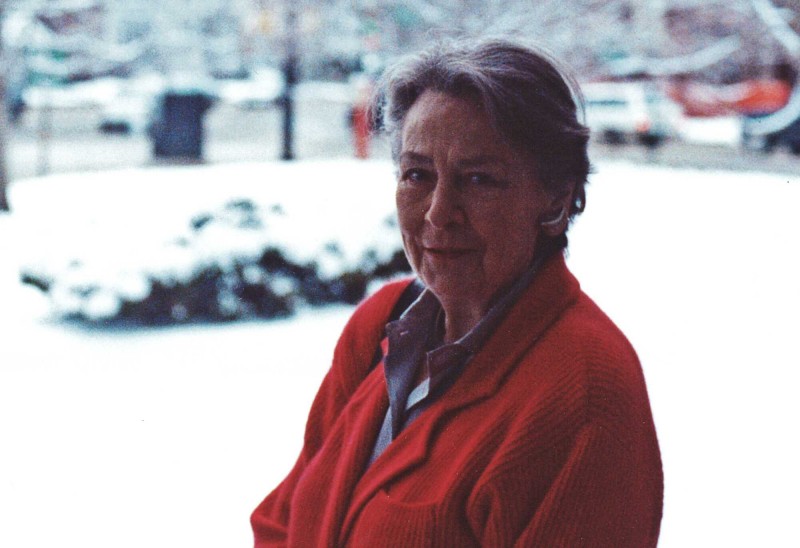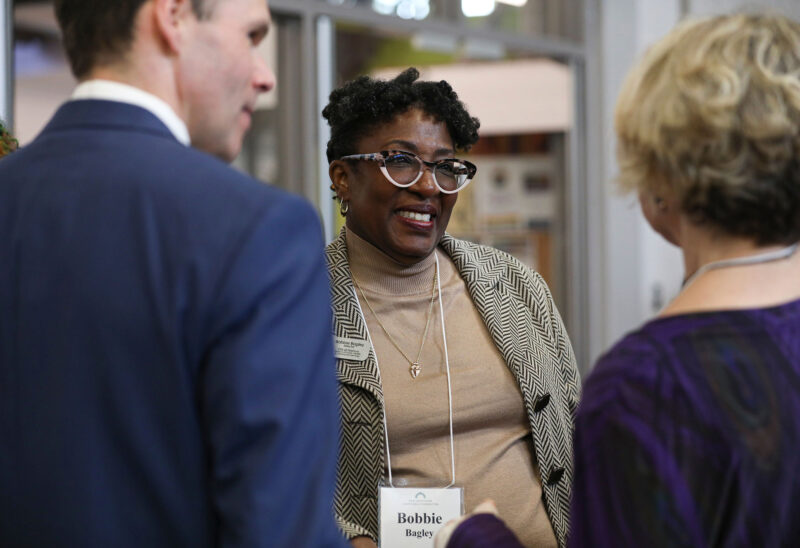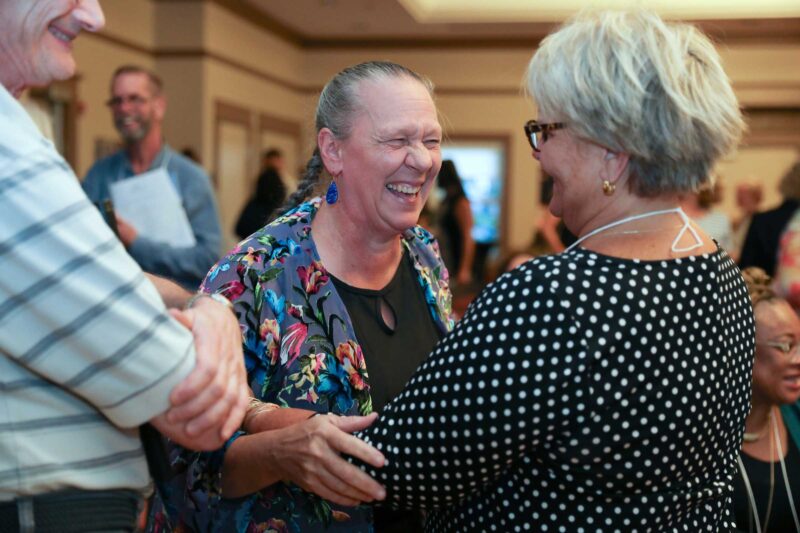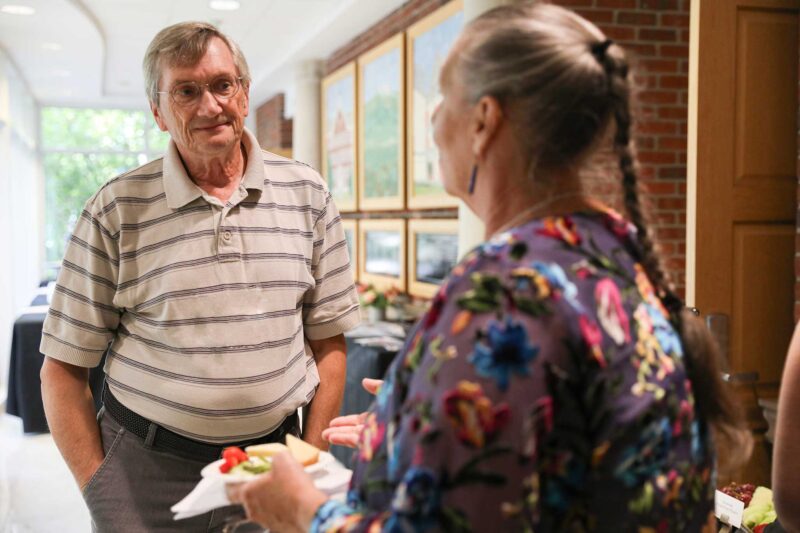Arnold Mikolo of the Conservation Law Foundation spoke at a Charitable Foundation community event in Manchester in September. A transcript of his remarks follows.
In April 2020, during the global pandemic, I wrote an op-ed exploring hope in uncertain times, titled “The Sun Always Rises: A Story of Hope in a Time of Uncertainty” — a humble yet profound reminder of our innate capacity to choose between fear and faith, to embrace hope over hopelessness.
My journey begins in the picturesque rural village of Masisi, nestled in what was then known as Zaire, today’s Democratic Republic of Congo. Envision a tranquil tableau of rolling emerald fields, meandering rivers, and the freshest of air. From the earliest days of my existence, my father, a dedicated veterinarian, instilled within me the immeasurable value of education and the noble spirit of selfless service. Through her actions, my mother learned that one need not possess abundant wealth to offer solace to the less fortunate.
In essence, my life’s calling found me, shaped by the crucible of a homeland marked by civil unrest, injustice, pandemics and natural calamities. I have witnessed a significant difference in the distribution of resources between my home country and this fantastic nation. Despite abundant resources, many individuals in low-income and marginalized communities are burdened with environmental issues they did not create. Furthermore, they are being denied the environmental benefits that they deserve.
I have lived in New Hampshire for ten years and have worked with various nonprofit organizations for the past decade. While New Hampshire ranks among the nation’s most prosperous states, this prosperity doesn’t uniformly extend to all. Consider, if you will, the sobering statistics that underscore the compelling need for an Environmental Justice movement and robust legislation in our state:
100: The number of children in Manchester alone who fall victim to lead poisoning annually, as documented by NH Department of Health and Human Services.
At Conservation Law Foundation, we’re resolute in our mission to prevent even one child from enduring such harm.
In the last three years, we’ve worked closely with our Environmental Justice Advisory Group to confront environmental issues plaguing low-income and communities of color. Thanks to the dedication of grassroots movements, committed elected officials, and diligent department personnel, we celebrated a remarkable milestone — the establishment of Manchester’s inaugural Lead Commission. Such achievements deserve hearty applause (special acknowledgments to Alderwoman Christine Farjado of Ward 4, Alderman Pat Long of Ward 4, and the tireless team at the Health Department).
An alarming percentage of low-income households grapple with housing costs that exceed 30 percent of their income.
In the heart of our city, there are vibrant communities of New Americans who speak over 72 languages. Each language represents a unique culture and cuisine that adds to the rich tapestry of our city.
Unfortunately, low-income people often bear the burden of environmental challenges in this urban area.
A substantial proportion of residents are burdened with asthma, a clear indicator of the respiratory hazards of neighborhood highways running through our city center.
In July, we teamed up with Plan NH to organize a planning charrette that lasted for two days. This event was designed to encourage community participation in tackling the issue of unsafe street designs in Manchester’s urban core. Over 60 committed individuals attended our public sessions and actively contributed to the charrette, sharing their ideas to help make our neighborhoods safer, more vibrant, and more lively. We eagerly await the final report from Plan NH, which will guide us towards community-based advocacy for a brighter future.
Manchester has a high percentage of households where no one over the age of 14 speaks English well.
The language barrier remains a formidable hurdle for New Americans as they navigate systems and access resources. CLF strongly supports proactive accommodation of language needs during public hearings and board meetings by municipalities.
Manchester’s city center has 40 percent less tree coverage than other parts of the city.
The global temperature rise has cast a long shadow over low-income and communities of color. Even a slight deviation, just half a degree Celsius above the citywide average, necessitates higher electricity consumption during scorching summers.
In partnership with the City of Manchester, CLF helped to secure an impressive $2.2 million grant from the U.S. Department of Agriculture. This funding will facilitate the development and implementation of a tree equity program in Manchester’s urban city center. The endeavor flourishes through a robust partnership between CLF, the City, and The Nature Conservancy. Our overarching goal is to establish an equitable urban forestry program that prioritizes community well-being by extending access to the health, social, ecological, and economic benefits of trees and green spaces.
The environmental justice efforts in Manchester will be duplicated in Nashua. Thanks to the generous New Hampshire Charitable Foundation grant, we are expanding our place-based advocacy work in Nashua.
In conclusion, I want to reiterate that behind these numbers lie real individuals grappling with tangible challenges in real time. Yet, we possess the power to reshape these realities. We can forge a more perfect coalition of advocates, reshaping local and state policies to strengthen our housing codes, inspection programs, and compliance certificates.
I want to express my profound gratitude to Tom Irwin, whose unwavering support enabled my success in establishing an environmental justice movement in our state and allowed me to share our collective accomplishments. I also express my heartfelt appreciation to our community partners, steadfast elected officials, and all who champion our environmental justice movement here in New England.
In the words of Shirley Chisholm, “Service is the rent we pay for the privilege of living on earth.”
This evening serves as a reminder to continue paying our rent by bringing transformation to one neighborhood at a time. Thank you.

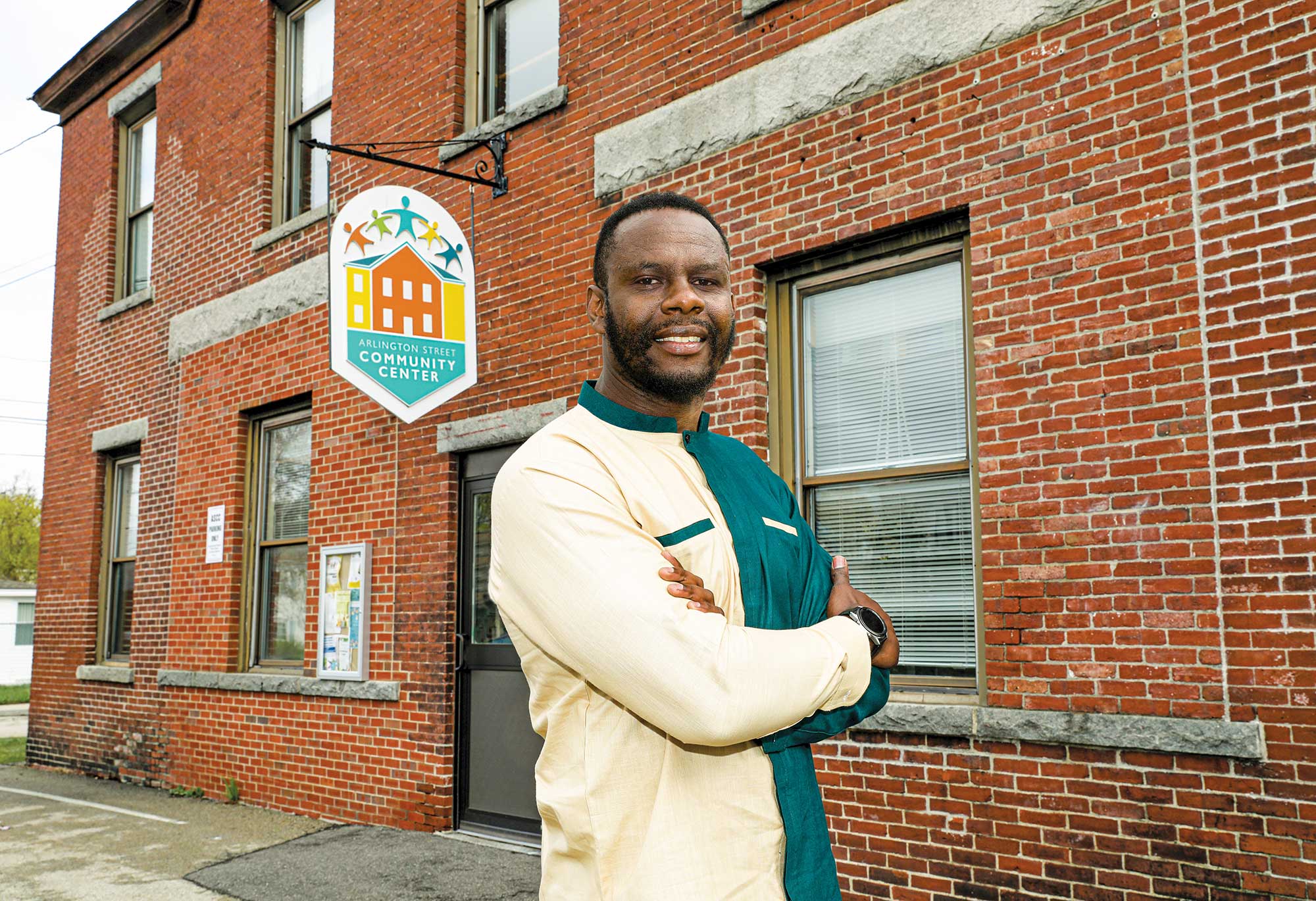








![Rev. Heidi Carrington Heath joined Seacoast Outright. [Photo by Cheryl Senter]](https://www.nhcf.org/wp-content/uploads/2024/05/Heidi-Carrington-Thumbnail-800x548.jpg)
![Dr. Jennie Hennigar treats a patient at the Tamworth Dental Center [Photo by Cheryl Senter]](https://www.nhcf.org/wp-content/uploads/2024/05/TCCAP-Hero-800x548.jpg)

